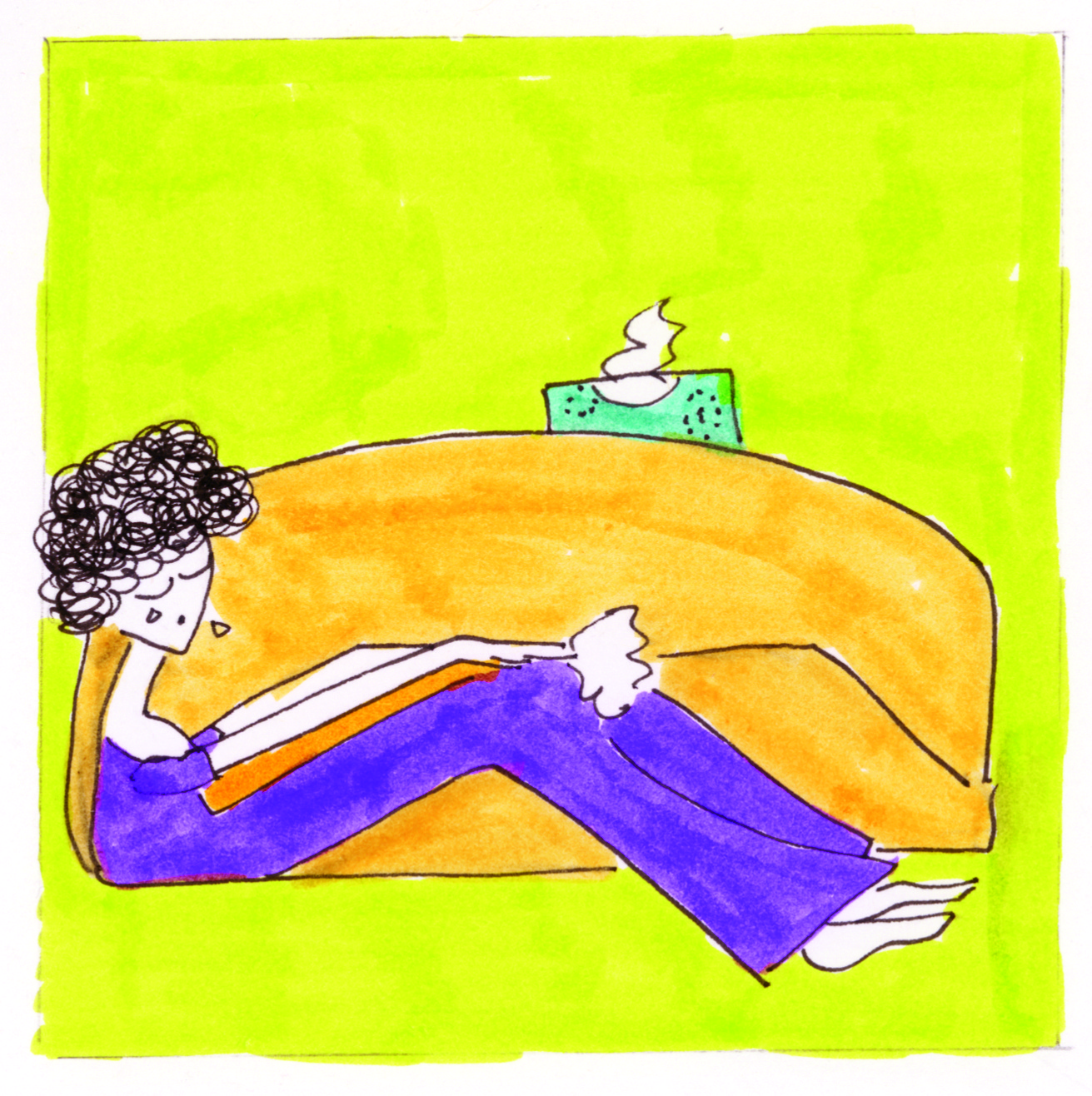
Analyze THIS
Why Do Therapy and Jewish Women Go Together?
The Tikkun Olam of Kitty Genovese
Nechama Liss-Levinson, psychologist/psychoanalyst, Great Neck, NY*
I’m a traditional Jew, so Judaism is the prism through which I see life, like eyeglasses I wear wherever I am. When I meet a new client, I’m grounded in the knowledge that we’re all created with the divine spark, so I believe everyone is worthwhile. You may not believe it, with depression or low self-esteem, but I do.
If a client’s depressed, I integrate tikkun olam into our work, encouraging them to volunteer, offering websites and resources. There is a tremendous benefit, not only in terms of developing empathy, but in developing a healthier sense of self and a perspective on your own troubles. In Judaism there’s also the idea that even poor people should give tzedakah — you are never too poor to help someone else. Tzedakah develops self-empowerment and worth, you still have the ability to improve the life of someone else. Giving tzedakah can be a very successful intervention.
The Talmud says that “a dream that is not understood is like a letter that is not opened.” I love to work with dreams, they extend the meaning that the client and I create together. In fact, there’s a prayer that asks God to help us interpret our dreams.
When I was a girl, a phrase in the morning prayers particularly spoke to me: “These are the things whose fruits a person enjoys in this world and the interest is in the world-to-come: honoring your mother and father, acts of kindness, attendance at a house of study…and bringing peace between an individual and their friend.” I had wanted to do something grand to help the world — make peace between Israel and the Arabs — and it felt to me that it was maybe bigger than I could handle. I kind of had to downsize. I could, though, “bring peace between an individual and their friend.” I could be a therapist.
When I was 12, in 1964, right after Kitty Genovese had been murdered in Kew Gardens, Queens (while 38 people watched and did nothing), my parents, who always emphasized making the world a better place, went to Manhattan and stumbled on a crime scene — a man was dead and another man was running from the scene. They ran after him for many blocks until they found a police officer and shouted, “This man left the scene of a crime!”
The next day The New York Times wrote my parents up as the “anti-Genovese couple.” The man they’d chased had committed a murder. It was a pivotal story for me as a child, knowing this about my parents. You should never look away, you should always step forward. As a teenager, I became more religiously observant and I still am.
Judaism offers me an existential anchor in life; it says there is meaning to the way you live it. Therapy is about making meaning, too…and becoming a clinician involves healing some sadness of your own.
I love the work I do.


